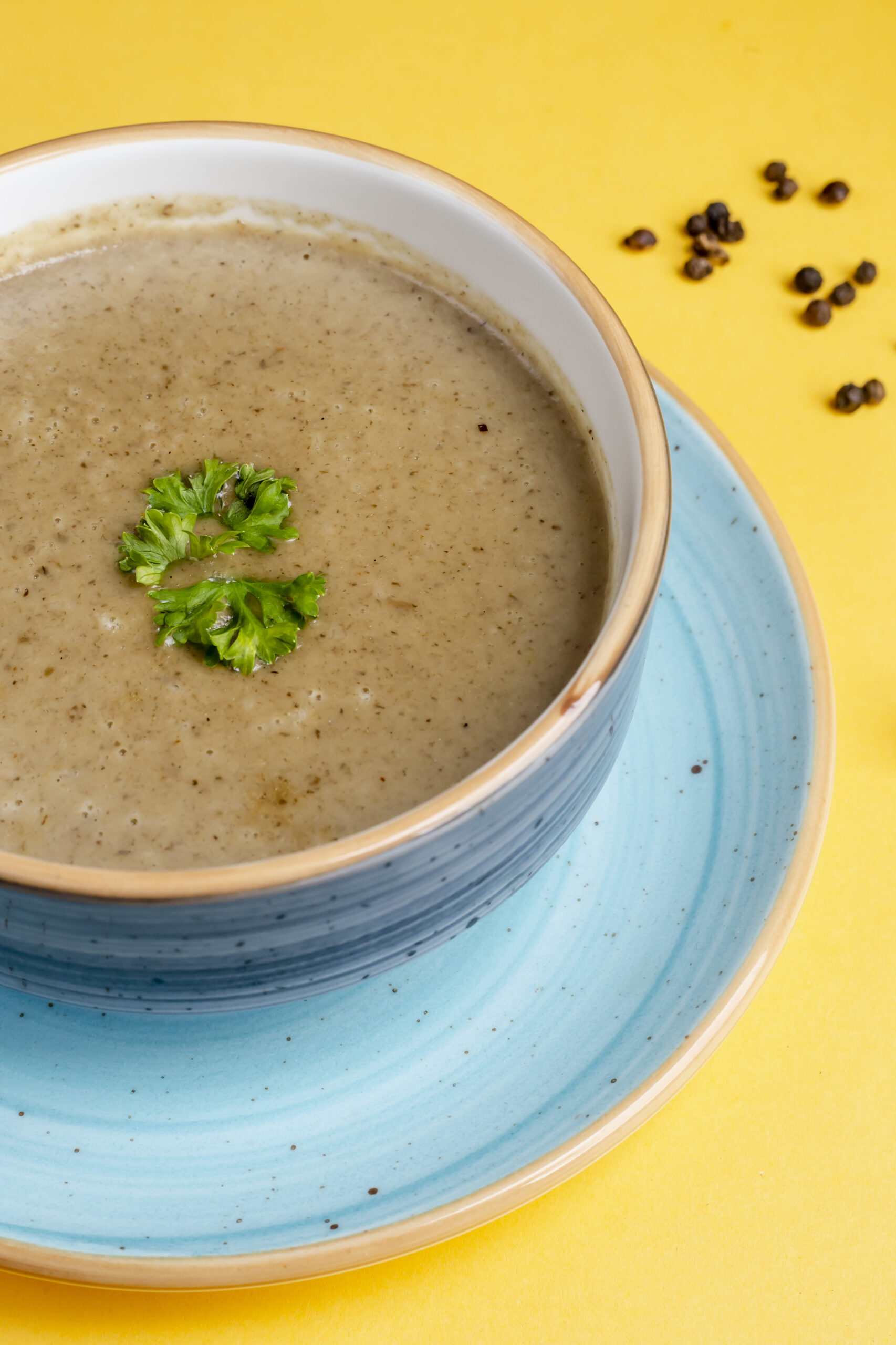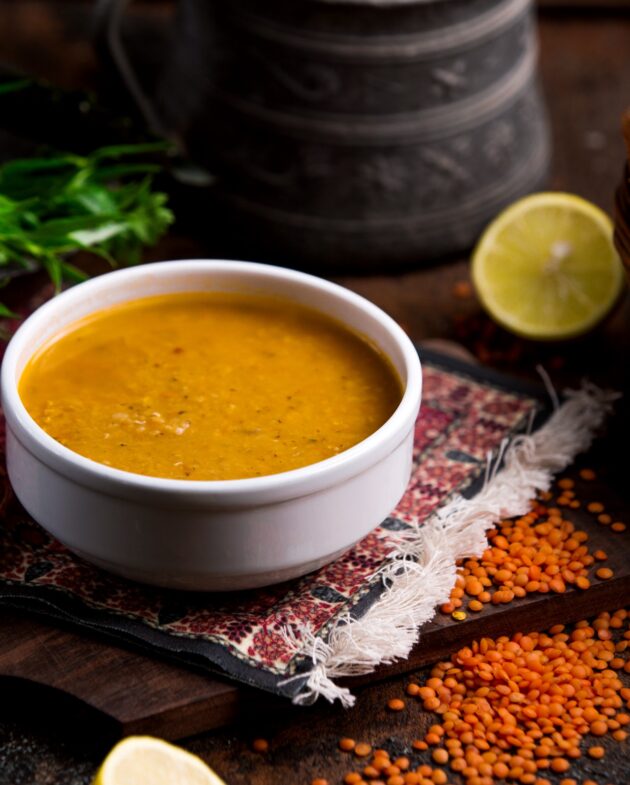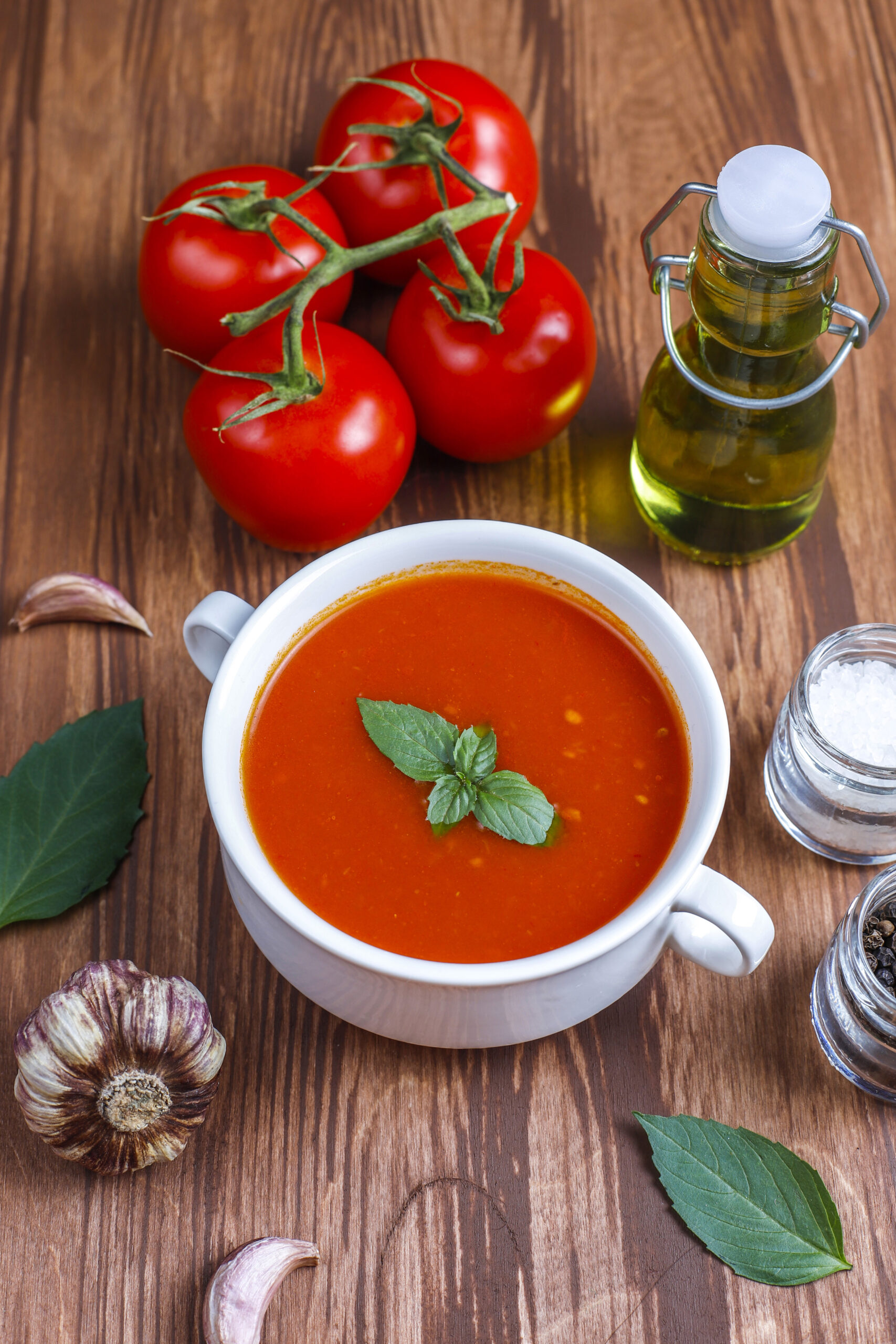- Boil the Water
Start by bringing 1 cup of water to a boil in a kettle or saucepan.
- Add Chamomile
Place dried chamomile flowers in a tea infuser or add the tea bag to your mug.
- Steep
Pour hot water over the chamomile and steep for 5 to 7 minutes. Keep the cup covered to preserve the aroma and oils.
- Strain and Serve
Strain out the flowers (if using loose tea) and sweeten with honey if desired. Add lemon or mint for variation.
- Calories:2 kcal
- Carbohydrates:0.5 g
- Protein:g
- Fat:g
- Sugar:g
- Caffeine:mg
- Sodium:1 mg
- Calcium:2 mg
- Potassium:20 mg
Chamomile tea is a soothing herbal drink made from dried chamomile flowers. Known for its calming and anti-inflammatory properties, it’s a popular choice for bedtime routines, stress relief, and digestive comfort. Naturally caffeine-free and subtly floral, this tea is not only delicious but also deeply nourishing.
Why Chamomile Tea?
Chamomile tea has been used for centuries in traditional medicine to support sleep, reduce anxiety, ease menstrual cramps, and calm the digestive system. Its mild floral aroma and golden color make it both therapeutic and comforting. This is a great alternative to caffeinated drinks, especially in the evening.
Health Insight
Chamomile tea contains antioxidants like apigenin, known for promoting sleep and reducing inflammation. It’s beneficial for anxiety, skin health, and digestive issues. While generally safe, those allergic to ragweed or daisies should consult a doctor before use.
🌿 Chamomile Tea for Gastric Problems
✅ Relieves Gas and Bloating
Chamomile relaxes the muscles in the digestive tract, which helps relieve trapped gas and bloating. This makes it useful after heavy meals or when experiencing abdominal discomfort.
✅ Soothes Stomach Inflammation
Chamomile contains anti-inflammatory compounds (like apigenin) that may help reduce inflammation in the stomach lining, making it helpful for conditions like gastritis or mild acid reflux.
✅ Aids Digestion
It stimulates the production of digestive enzymes and bile, supporting smoother digestion and reducing symptoms like indigestion or sour stomach.
✅ Calms the Gut Muscles
Chamomile has antispasmodic effects, meaning it helps relax muscle spasms in the gastrointestinal tract — useful for cramping, stomach aches, or IBS-related discomfort.
✅ Supports Healing in Gastric Ulcers
Preliminary studies suggest chamomile may help inhibit the growth of H. pylori, the bacteria often linked to peptic ulcers, and protect the stomach lining.
⚠️ Note of Caution:
While chamomile tea is generally safe, those with ragweed allergies, or those taking blood thinners or sedatives, should consult a doctor before regular use. It should not replace prescription medications for severe gastric conditions.
Final Thoughts
Chamomile tea is more than a warm beverage—it’s a wellness ritual. With just a few ingredients, you can brew a relaxing cup that supports your body and mind. Whether you’re unwinding after a long day or just seeking a gentle refreshment, this tea is a timeless go-to.















